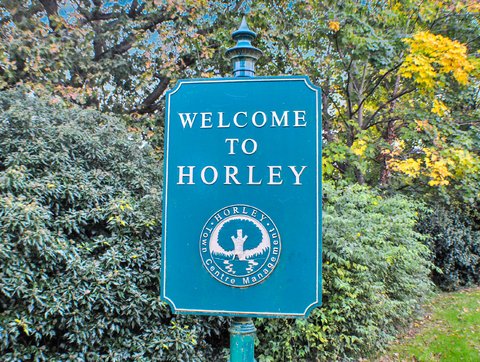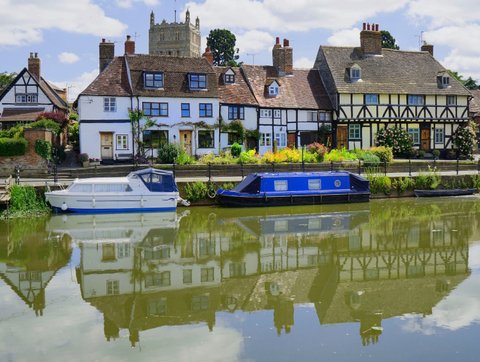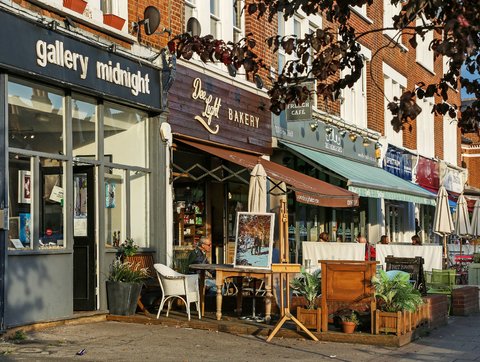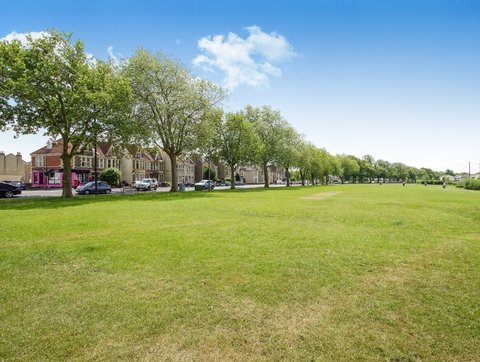Selective Licensing in the Private Rental Sector
The Background
In recent years, the UK’s private rented sector has seen substantial regulatory changes designed to elevate tenant living standards and enhance property management practices. Among these regulations, Selective Licensing stands out as a key area a landlord must navigate. Unlike Additional Licensing, which specifically regulates Houses in Multiple Occupation (HMOs), Selective Licensing applies to all privately rented properties within designated areas, regardless of their classification. Its primary aim is to tackle issues such as substandard housing, anti-social behaviour, and other community-specific challenges. In contrast, Additional Licensing focuses on smaller HMOs that may not meet the criteria for mandatory licensing but still require oversight, such as properties with 3–4 occupants sharing facilities. Understanding these distinctions is vital for landlords to ensure compliance and contribute to better rental standards.
Introduced as part of the Housing Act 2004, the Selective Licensing Scheme (SLS) is a property licensing framework for privately rented properties. Local authorities can implement selective licensing in areas experiencing issues such as low housing demand, significant anti-social behaviour, poor property conditions, high levels of migration, deprivation, or crime.
Under the scheme, landlords renting properties in designated areas must obtain a licence for each property. Before implementing a scheme, local authorities consult stakeholders, including residents, landlords, tenants, and letting agents.
How Does Selective Licensing Work?
Selective licensing applies to areas where one or more of the following problems are identified:
- Low demand for housing.
- Significant and persistent anti-social behaviour.
- Poor property conditions.
- High levels of migration.
- High deprivation levels.
- High crime rates.
Once designated, all landlords in the area must apply for a licence unless their properties are exempt (e.g., Registered Social Landlord properties or licensed HMOs). Local authorities oversee the licensing process to ensure compliance and address issues within the community.
What Do Landlords and Agents Need to Do?
The specific requirements for obtaining a selective licence vary by local authority, but the overarching goal is to ensure landlords meet standards that safeguard tenant well-being and enhance living conditions. Licensing criteria often involve evaluating the landlord’s:
- Criminal record.
- Financial stability.
- Compliance with housing standards.
- Property management arrangements.
Mandatory conditions include:
- Presenting an annual gas safety certificate (if gas is supplied to the property).
- Maintaining electrical appliances and furniture in a safe condition.
- Keeping smoke alarms in working order.
- Supplying tenants with a tenancy agreement.
- Obtaining references from prospective tenants.
What Does it Cost?
Licensing fees are determined by local authorities and vary based on property size and classification (e.g., HMO or non-HMO). Costs typically range between £400 and £1,000 per property. A Selective Licence is valid for up to five years, though shorter terms may be granted.
Who is Responsible?
While landlords are responsible for applying for and paying for licences, letting agents must ensure all properties in their portfolio comply with licensing regulations. Letting agents can be held liable under the Housing Act 2004 if properties are unlicensed, even if their terms of business disclaim responsibility for licensing.
What Happens When There Is a Change of Landlord or Agent?
Selective licences are non-transferable. A new landlord or agent must apply for their own licence and pay the associated fee if ownership or management changes.
In Summary
Selective Licensing aims to improve housing standards and tenant safety. However, the scheme’s implementation varies widely between local authorities, creating challenges for landlords managing large portfolios in multiple areas. To stay informed and compliant:
- Maintain regular contact with local authorities.
- Monitor regulatory changes.
- Seek professional legal advice when in doubt.
- Look at the latest legislation on the Government website.
This article serves as a general guide and should not replace legal advice. For detailed information, consult your local authority or legal professional. If you have a rental property within these areas, Bristol, Oxford, Romford, Streatham and Balham please review the Selective Licensing requirements here:
Balham – Selective Licensing comes into effect from the 1st July 2025
If you have questions about Selective Licensing, please contact your local branch. And don’t forget, we’re currently offering a Free Tenancy Compliance Health Check.








